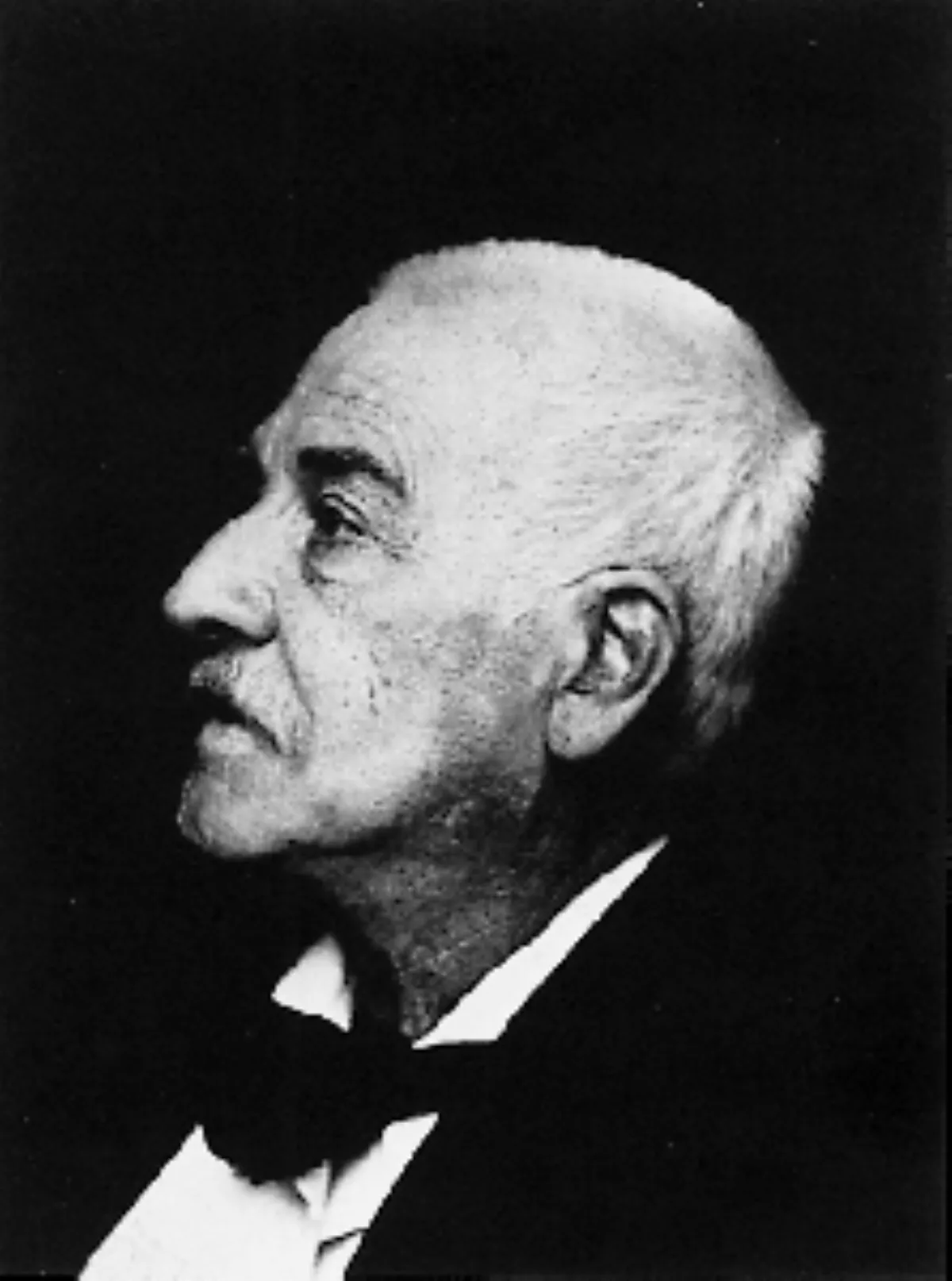 1.
1. Jacob Burckhardt's best known work is The Civilization of the Renaissance in Italy.

 1.
1. Jacob Burckhardt's best known work is The Civilization of the Renaissance in Italy.
Jacob Burckhardt is known as one of the major progenitors of cultural history.
The son of a Protestant clergyman, Jacob Burckhardt was born in Basel, where he studied theology in the hope of taking holy orders; however, under the influence of Wilhelm Martin Leberecht de Wette, he chose not to become a clergyman.
Jacob Burckhardt was a member of the patrician Burckhardt family.
Jacob Burckhardt finished his degree in 1839 and went to the University of Berlin to study history, especially art history, then a new field.
Jacob Burckhardt spent part of 1841 at the University of Bonn, studying under the art historian Franz Theodor Kugler, to whom he dedicated his first book, Die Kunstwerke der belgischen Stadte.
Jacob Burckhardt taught at the University of Basel from 1843 to 1855, then at the Federal Polytechnic School.
Jacob Burckhardt started to teach only art history in 1886.
Jacob Burckhardt twice declined offers of professorial chairs at German universities, at the University of Tubingen in 1867 and Ranke's chair at the University of Berlin in 1872.
In 1838, Jacob Burckhardt made his first journey to Italy and published his first important article, "Bemerkungen uber schweizerische Kathedralen".
Jacob Burckhardt delivered a series of lectures at the University of Basel, which were published in 1943 by Pantheon Books Inc.
Jacob Burckhardt understood Renaissance as drawing together art, philosophy and politics, and made the case that it created "modern man".
Jacob Burckhardt developed an ambivalent interpretation of modernity and the effects of the Renaissance, praising the movement as introducing new forms of cultural and religious freedom but worrying about the potential feelings of alienation and disenchantment modern men might feel.
In contrast to Voigt, who confined his studies to early Italian humanism, Jacob Burckhardt dealt with all aspects of Renaissance society.
Jacob Burckhardt considered the study of ancient history an intellectual necessity and was a highly respected scholar of Greek civilization.
Jacob Burckhardt was amply aware of the rapid political and economic changes taking place in the Europe of his day and commented in his lectures and writings on the Industrial Revolution, the European political upheavals of his day, and the growing European nationalism and militarism.
In later years, Jacob Burckhardt found himself unimpressed by democracy, individualism, socialism, and a great many other ideas fashionable during his lifetime.
Friedrich Nietzsche, appointed professor of classical philology at Basel in 1869 at the age of 24, admired Jacob Burckhardt and attended some of his lectures.
Nietzsche believed Jacob Burckhardt agreed with the thesis of his The Birth of Tragedy, that Greek culture was defined by opposing "Apollonian" and "Dionysian" tendencies.
Nietzsche and Jacob Burckhardt enjoyed each other's intellectual company, even as Jacob Burckhardt kept his distance from Nietzsche's evolving philosophy.